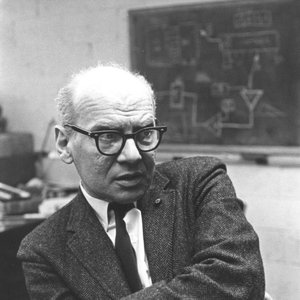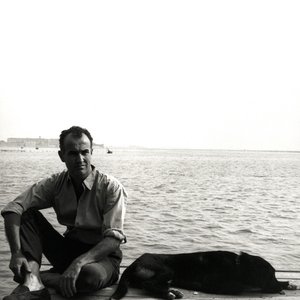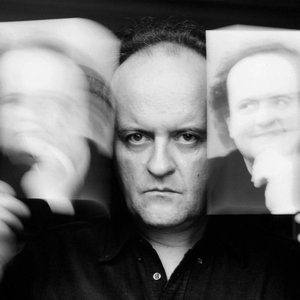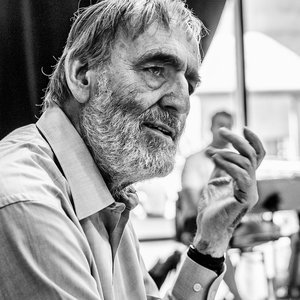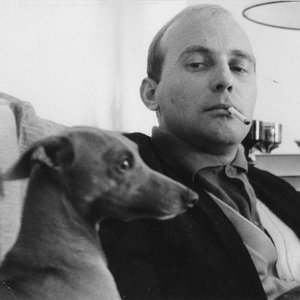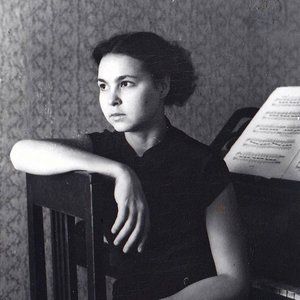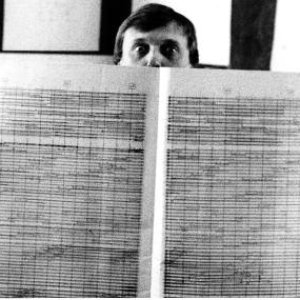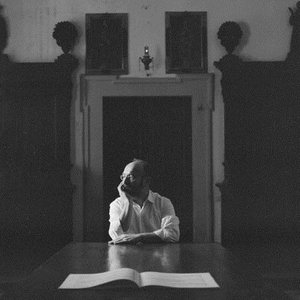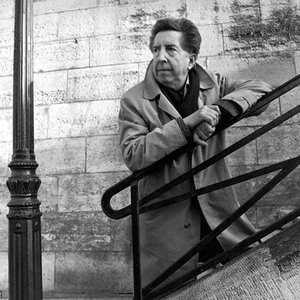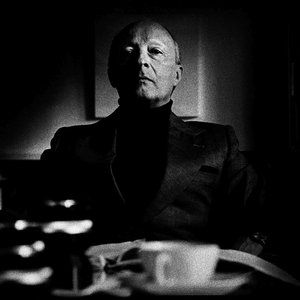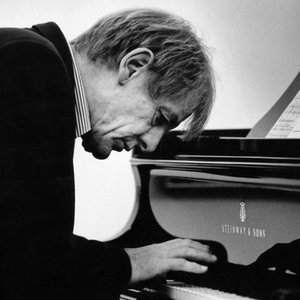Biography
-
Born
11 December 1908
-
Born In
New York, New York, United States
-
Died
5 November 2012 (aged 103)
Elliott Cook Carter, Jr. (born December 11, 1908, died November 5, 2012) is a two-time Pulitzer Prize-winning American composer born in New York City, a composer encompassing many facets of classical music, from neoclassicism to serialism. He studied with Nadia Boulanger in Paris in the 1930s, during which time he published his first composition in 1937 and then returned to the United States. After a neoclassical phase, he went on to write atonal, rhythmically complex music. His compositions, which have been performed all over the world, include orchestral and chamber music as well as solo instrumental and vocal works.
Elliott Carter has been the recipient of the highest honors a composer can receive: the Gold Medal for Music awarded by the National Institute of Arts and Letters, the National Medal of Arts, membership in the American Academy of Arts and Letters and the American Academy of Arts and Sciences, and honorary degrees from many universities. Hailed by Aaron Copland as "one of America's most distinguished creative artists in any field," Carter has received two Pulitzer Prizes and commissions from many prestigious organizations.
Carter's father, Elliott Carter, Sr. was a businessman and his mother was the former Florence Chambers. The family was well-to-do. As a teenager he developed an interest in music and was encouraged in this regard by the composer Charles Ives (who sold insurance to his family). In 1924 a "galvanized" 15-year-old Carter was in the audience when Pierre Monteux conducted the Boston Symphony Orchestra in the New York première of The Rite of Spring, according to a 2008 report. Carter was again in attendance at Carnegie Hall, on the occasion of his 100th birthday in 2008, when the orchestra, now under the baton of James Levine, again performed the Stravinsky piece as part of its tribute to Carter. Although Carter majored in English at Harvard College, he also studied music there and at the nearby Longy School of Music. His professors included Walter Piston and Gustav Holst. He sang with the Harvard Glee Club. He did graduate work in music at Harvard, from which he received a Master's degree in music in 1932. He then went to Paris to study with Nadia Boulanger (as did many other American composers). Carter worked with Mlle Boulanger from 1932–35 and in 1935 he received a doctorate in music (D Mus) from the Ecole Normale in Paris. Later in 1935 he returned to the US where he wrote music for the Ballet Caravan.
From 1940 to 1944 Elliott Carter taught in the program, including music, at St. John's College in Annapolis, Maryland. On July 6, 1939, Carter married Helen Frost-Jones. They had one child, a son, David Chambers Carter. During World War II, Carter worked for the Office of War Information. He later held teaching posts at the Peabody Conservatory (1946–1948), Columbia University, Queens College, New York (1955–56), Yale University (1960–62), Cornell University (from 1967) and the Juilliard School (from 1972). In 1967 he was appointed a member of the American Academy of Arts and Letters. In 1985 he was awarded the National Medal of Arts. Carter has lived in Greenwich Village since 1945.
On December 11, 2008, Carter celebrated his 100th birthday at Carnegie Hall in New York, where the Boston Symphony Orchestra and pianist Daniel Barenboim played his Interventions for Piano and Orchestra from 2008. Between the ages of 90 and 100, Carter published more than 40 works, and after his 100th birthday he has composed three more.
On February 7, 2009, Carter was given the Trustees Award (a lifetime achievement award given to non-performers) by the Grammy Awards.
Carter was on the faculty of the Tanglewood Music Center where he gave annual composition masterclasses.
Carter's earlier works are influenced by Stravinsky, Harris, Copland, and Hindemith, and are mainly neoclassical in aesthetic. He had a strict and thorough training in counterpoint, from medieval polyphony through Stravinsky, and this shows in his earliest music, such as the ballet Pocahontas (1938–39). Some of his music during the Second World War is frankly diatonic, and includes a melodic lyricism reminiscent of Samuel Barber. Interestingly, Carter abandoned neoclassicism around the same time Stravinsky did, saying that he felt he had been evading vital areas of feeling.
Carter passed away on November 5th, 2012 at the age of 103.
Artist descriptions on Last.fm are editable by everyone. Feel free to contribute!
All user-contributed text on this page is available under the Creative Commons Attribution-ShareAlike License; additional terms may apply.

